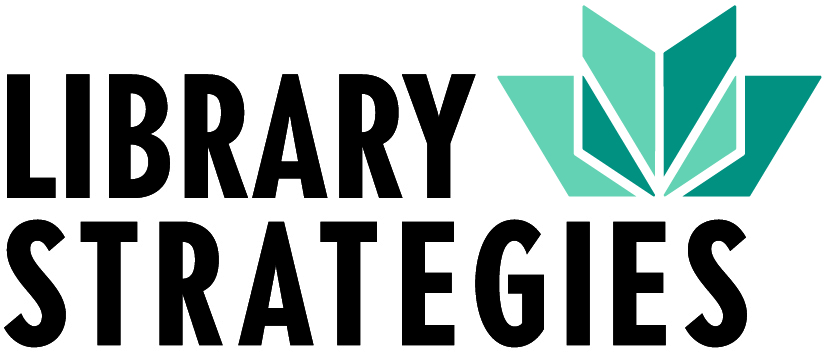Meeting and Mitigating Challenges: Part 1
We’re in another one of those “the world is a lot” times, or maybe we never left. Regardless, your friends at Library Strategies are here thinking about the ways in which challenging times are affecting libraries.
We have used this space before to discuss the ways in which understanding your multi-faceted community can advance the library’s ability to be a hub and gathering place, serving multiple needs. But what if your community doesn’t understand YOU? How can a library get the word out about what it is (and is not) to a community that might have false or antiquated views about the library’s role? What are the strategies, and can this all be done with an already strained workforce?
Let’s address that last one first – Who are your allies? This does not all need to come from inside the library. Identify those in your community – donors, volunteers, helpfully-aligned legislators to get the word out about what the library already provides and is well-positioned to do. Cultivating the library’s allies and active supporters needs to be an ongoing process, and requires a degree of planning on its own. Here’s a great example from the Wyoming Library Association and EveryLibrary.
The stated goal of this partnership is to “update and expand the public’s perception of libraries and librarians by telling stories of how library workers support thriving communities.”
This might generate a sense of “we’re always doing this,” but as a reader of many, many community engagement surveys, this writer is here to say that surprise about what libraries do is not uncommon. Nearly every strategic planning process Library Strategies has participated in for the last five years has at least one goal related to outreach with a strong branding component.
Priming that awareness is one thing, but maintaining it is another. Outside of the community engagement process during strategic planning, which can jumpstart the outreach, there are a number of ways this feedback loop can be institutionalized.
- Reach out to thought leaders – keep library mission awareness front and center.
- Be a presence at City Council Meetings and/or Board Meetings, even when you do not have an agenda item.
- Build visibility with more than books – be a presence at community gatherings, school enrollment nights, annual events, parades, you name it.
- Solicit feedback and adjust services based on community needs and feedback. This can be done through short, targeted surveys about particular programs and services, a broader annual survey, periodic focus groups, etc., then report out what feedback was received and how the library listened and took action.
- Keep it regular. It should not be unusual to be hearing from you, and traditional media is still a great way to reach many of your users. Take out a newspaper or radio spot.
It seems all the more important right now to use what you already have at your disposal to hone your messaging. Disinformation is loud, but the library remains a trusted resource.
